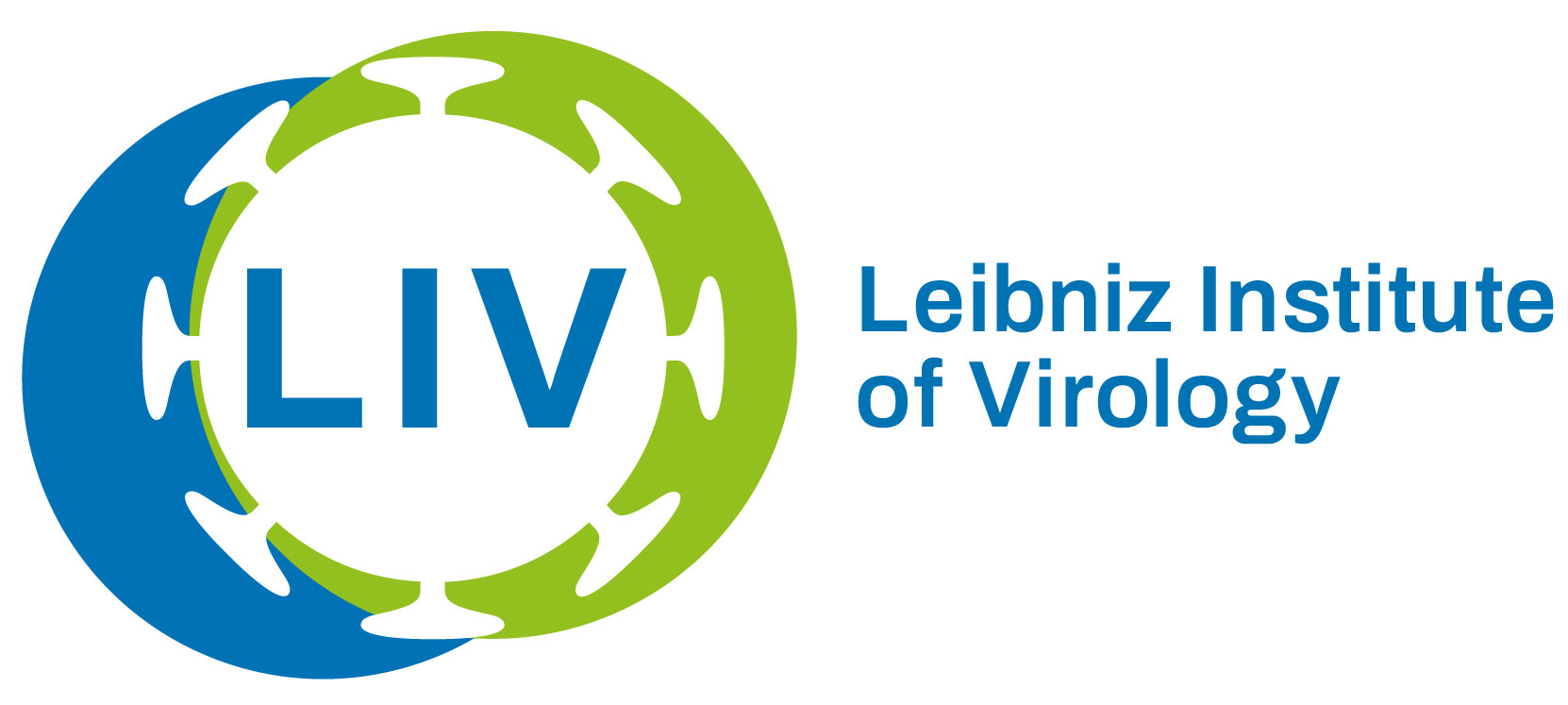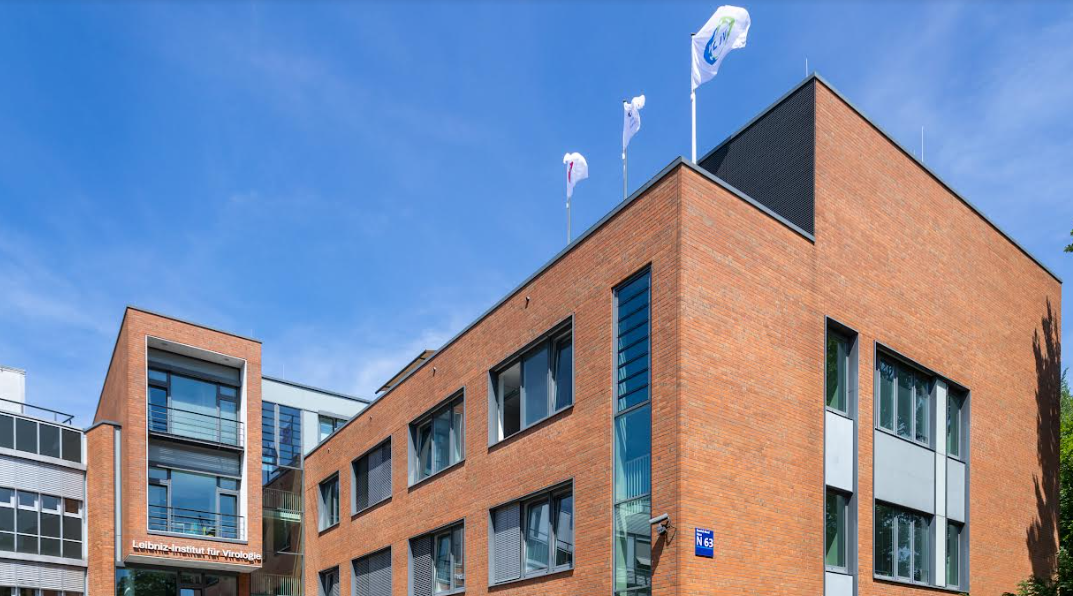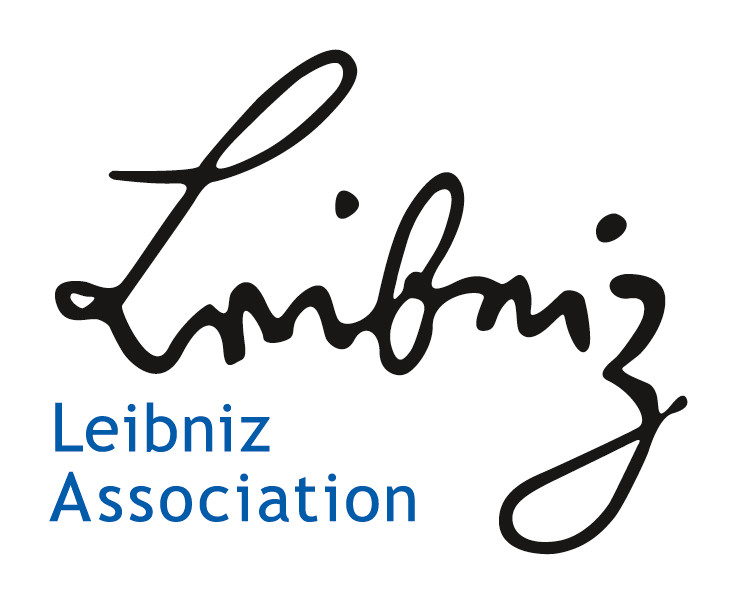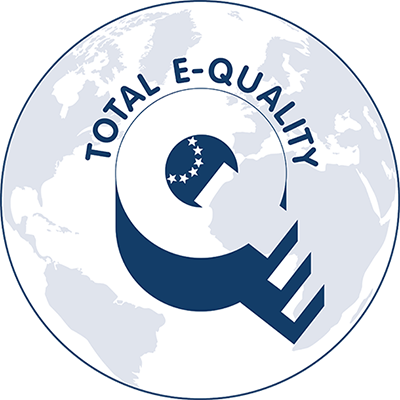

PostDoc (f/m/x) Digital twins for defective viral genome biology
The Leibniz Institute of Virology (LIV) is an independent research institution for basic biomedical research. As a foundation under civil law and member of the Leibniz Association, the Institute occupies a leading position both nationally and internationally.
The Junior Research Group Viral Systems Modeling, headed by Dr. Tanja Laske, develops novel computational methods for an improved, systems-level understanding of infectious disease biology. Our group combines methods of data mining, bioinformatics and virus dynamics modeling to systematically analyze factors that influence virus replication and to find starting points for new therapeutic approaches. An important research focus is the investigation of defective viral genomes (DVGs) and their influence on infection outcomes. For this, we develop AI-supported computer models to predict the impact of DVGs on the course of infections and virus spread, and evaluate their potential as antiviral agents. We leverage integrative modeling techniques to analyze sequencing data, multi-OMICs data and other quantitative data from infection experiments to identify potentially interesting DVG candidates. With this, we will not only improve the understanding of DVG biology but also facilitate the design of novel AI-supported antiviral therapies.
We are looking for a highly motivated, ambitious and team-oriented candidate to start as soon as possible for a
PostDoc (f/m/x) Digital twins for defective viral genome biology
Your tasks
- Shape a new era of data- and model-driven technologies in infection research by developing in silico approaches to study the biology of DVGs
- Shape your own profile by working as independent researcher with a high level of responsibility towards the research project
- Integrate into the research team and provide support for the team’s emerging scientists
- Present research findings at national and international level
- Develop future research projects and disseminate research results, e.g. publications, social media, public outreach
Your profile
- PhD degree in computer science, bioinformatics, biotechnology, biosystems engineering or a comparable discipline in the life sciences, preferably with a focus on infectious disease research
- Familiarity with bioinformatics tools for OMICs data analysis, in particular virus genomics data, and/or structural biology, network biology
- Solid expertise in developing and deploying data- and model-driven approaches, such as methodologies of machine and deep learning, large language models and/or virus dynamics modeling
- Experience in high-performance computing and (web)-tool development
- Experience in interdisciplinary, systems-biological research and willingness to engage with wet-lab partners
- Strong commitment, team spirit, very good communication and organizational skills, ability to work in an independent and flexible manner, and experience in supervision of undergraduate students
- Very good English language skills (oral and written)
What we offer
- Exciting activity at a Leibniz Association institute
- Working as part of a highly motivated team in an international environment
- Remuneration according to EG 13 TV-AVH (Hamburg Employment Law Association Collective Agreement) (comparable to TVöD - Civil Service Collective Agreement), including company pension scheme
- 30 days of annual vacation
- Further training opportunities, incl. subsidized English and German courses at the Institute
- Grant for unscheduled child care
- Health protection offers at the Institute (in cooperation with voiio GmbH)
- Flexible, family-friendly working hours
- HVV Deutschlandticket subsidy
- Canteen use subsidy
The position is initially limited for 1 year with option for an extension and with a starting date as soon as possible. The position is suitable for part-time work.
The LIV is certified with the Total Equality distinction, and promotes work-life balance and professional equality between employees of all sex and genders. Severely disabled persons will be given preferential consideration if their suitability, qualifications, and professional performance are otherwise equal.
Your application should include a letter of motivation (max. 1 page), CV, short description of previous research projects (max. 0.5 page each) and technical expertise, list of publications (if applicable, attach copies of your top 3 publications), names and contact details of two referees and your certificates (transcript of records, university degrees, PhD certificate, etc.). We look forward to receiving your application in English language until the 30th April 2025. Until the position is filled, applications received at a later date may be considered.
Would you like to shape the future with us? Then we look forward to receiving your application!

